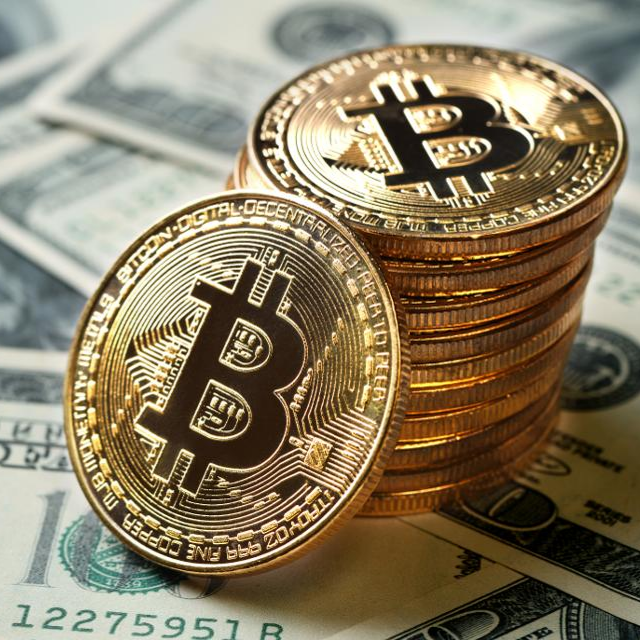The Risks of Investing in Bitcoin
Bitcoin is an extremely volatile investment option that can fluctuate wildly in a short timeframe based on news or tweets from high-profile figures, yet can be very profitable for those willing to accept and take on its inherent risks.
To make significant profits with Bitcoin, timing the market can be key. Cryptocurrency exchanges operate similarly to stockbrokers and offer platforms where people can buy and sell Bitcoin.
It’s a speculative investment
Bitcoin and other cryptocurrencies experience dramatic price swings. Recently, one bitcoin skyrocketed past $60k before falling back down below $20,000. Although its rollercoaster-like rise and fall has grabbed most of the headlines, remember that total market value for all cryptocurrencies exceeds $1 trillion.
Speculators are individuals who seek to profit from price fluctuations of assets like stocks or cryptocurrency. They buy when prices are low and sell when they increase – this strategy can yield great rewards; however, not everyone should employ it.
Buying individual Bitcoin is one of the most common forms of investing. Investors who follow this strategy expect the currency to appreciate, perhaps serving as an alternative store of value like gold. Furthermore, they believe they can sell it at any time for a profit and as such tend to hold onto their investments for extended periods.
It’s a high-risk investment
Bitcoin’s volatile value makes it a high-risk investment, yet its returns can be significant if purchased during a buying surge and sold when its price has decreased significantly. Unfortunately, no one knows when that surge will end and if sold prematurely could plummet by 50% or more; some investors therefore opt for long-term Bitcoin hodling strategies as this will protect their coins against this possibility.
Cryptocurrency investments involve various risks, including regulatory risk, counterparty risk and management risk. Regulatory risk refers to their uncertain legal standing while counterparty and management risks involve lack of transparency and protection against fraud. Furthermore, virtual currencies are treated by the IRS as property, meaning you’ll have to pay taxes on them; so it is crucial that investors understand all associated risks prior to investing and set limits for how much cryptocurrency they wish to buy at one time.
It’s a volatile investment
Bitcoin has earned itself the reputation as an unpredictable investment due to its rapid price fluctuation. Investors should be ready for daily price swings if they wish to see any returns from their investment.
Many investors may be tempted to hold onto their coins in hopes that they’ll appreciate, while others opt for selling them quickly at a profit. Either strategy requires significant capital, as well as running the risk of potentially losing everything invested.
As opposed to traditional stocks, Bitcoin values are determined by news that impacts cryptocurrency markets – including government regulations, geopolitical events or bad economic news. This makes investing in crypto highly speculative; in addition, much of what passes for news on this subject contains false or misleading information which may lead to dramatic market fluctuations.
It’s a low-risk investment
Bitcoin may be one of the hottest investments available, but it’s not your only means of growing wealth. Real estate offers proven historical performance as well as tax benefits – though before diving in it’s important to understand its risks before diving in headfirst.
Bitcoin’s value is determined solely by market forces and not supported by any government or central bank, making its digital nature vulnerable to security breaches and other risks as well as lacking uniform regulatory oversight.
Some investors buy and hold Bitcoin over long periods, hoping it will appreciate as an alternative store of value like gold – this strategy is known as “hodling.” Others invest in short-term price fluctuations with hopes of profiting from price gains; both strategies can generate returns that would otherwise be impossible with traditional stocks or bonds; both use the greater fool theory in which your return depends on another investor being willing to buy your investment at higher prices than you have set for yourself.





